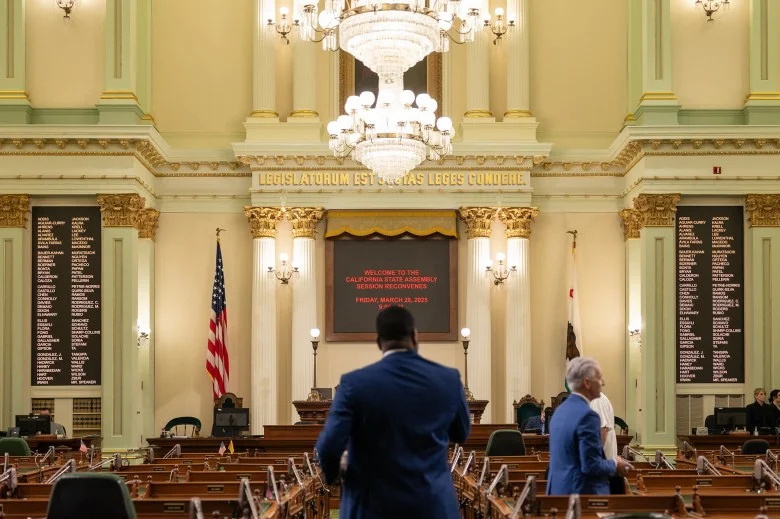
What’s Behind California’s Surging Lobbying Spending?
California's political landscape has witnessed an unprecedented surge in lobbying spending, with interest groups pouring over half a billion dollars into influencing state legislation in 2024. A record $540 million was spent, marking a more than 10% increase from the previous year, according to an in-depth analysis by CalMatters. This phenomenon raises critical questions about the interplay of money, politics, and policy in one of the world's largest economies.
Among the key players driving this remarkable spending were major corporations such as Google, oil firms, and utility companies. California's economy, which comprises approximately 14% of the U.S. GDP, may explain the substantial lobbying expenditures, as noted by Francesco Trebbi, a professor of economics at UC Berkeley. He remarked, "Half a billion is kind of normal," reflecting the scale of corporate interests at play.

The Western States Petroleum Association led the charge with more than $17.3 million in lobbying costs, significantly increasing their expenditures due to a special legislative session called by Governor Gavin Newsom to address soaring gas prices. Their involvement illustrates how legislative focus can reshape lobbying priorities and spending patterns.
Utility companies weren't far behind. PacifiCorp’s lobbying expenses skyrocketed to over $13.4 million—a staggering thirtyfold increase from its average spending in the past two decades. Meanwhile, Pacific Gas & Electric allocated nearly $3.6 million towards lobbying efforts, securing favorable outcomes on the majority of the bills it supported.
Interestingly, tech giant Google, usually modest in its state-level lobbying, spent $11.9 million in 2024—more than its collective expenditures over the past two decades. This shift was largely propelled by Google’s vigorous opposition to legislation regarding media funding and artificial intelligence regulations. Consequently, the company managed to influence key legislative decisions, significantly altering its usual trajectory.
Labor organizations also made their presence felt, with the Service Employees International Union and the California Teachers Association each surpassing the million-dollar mark in lobbying spending. Collectively, these unions had an impressive success rate of nearly 70% in advocating for their preferred bills.
Despite these figures drawing attention to corporate influence in California politics, the underlying implications are multifaceted. As Thomas Holyoke, a political science professor at Fresno State University, observed, the growing lobbying activity reflects not only the desire of corporations for greater influence but also the increasing sway of California's policy decisions across various sectors.
This expansive lobbying spending landscape poses essential questions about the future of governance in California and the balance of power between corporate interests and public welfare. How will the marked increase in lobbying affect everyday Californians?
As discussions around legislative influence intensify, Californians are encouraged to engage in dialogue about the implications of such financial power on their lives. What perspectives do you have on this growing trend? Feel free to share your thoughts and insights in the comments below.